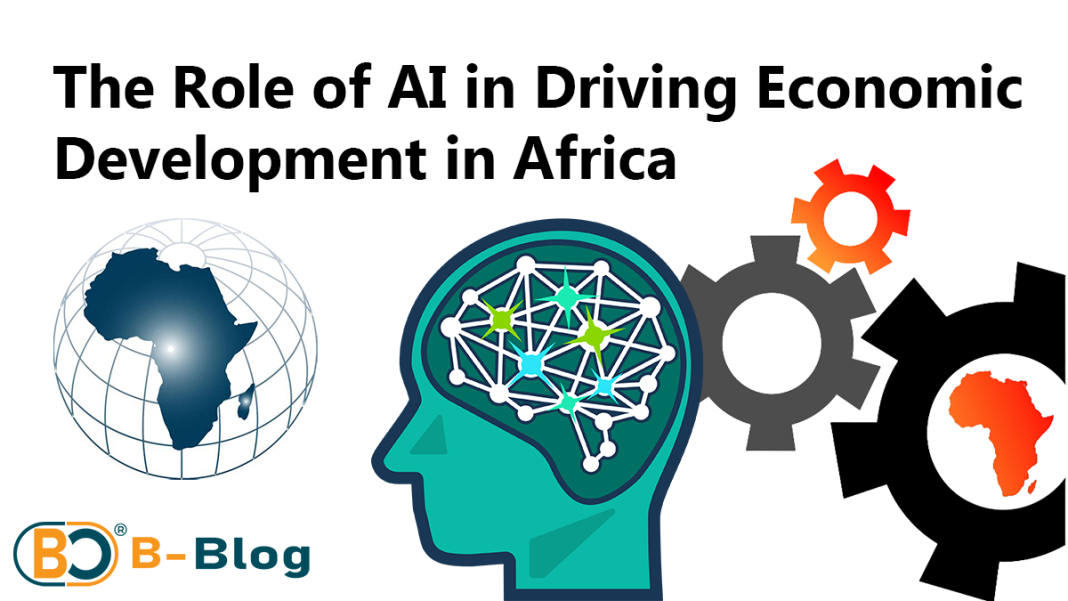Recently, if you stroll the spaces that talk about cybersecurity, you might have notes a theme that said that there is a Cybersecurity gap in the staffing world. That meant that there is a deficiency of cybersecurity experts in the market.
Many depicted this as the decline of cybersecurity as a dream career. Others said that it’s the end of the ‘human’ nature in the practice and the rise of the ‘machine’ era.
Both of the above conclusions are really naive thinking. Hear me out!
How does cybersecurity basics operate?
Cybersecurity, by defination, is the protection of systems and data from cyberthreats.
The systems and data in this case, are protected by a myriad of protectional tools, processes, policies and people.
Take for instance the Blancorp organization. They have a setup that includes physical gates, electronic locks, servers, personnel, and data in the servers.
In this simple setup, we can identify several places that cybersecurity can be deployed.
For instance, we need to secure our email server from internal and external threats. We need policies for users who use the system to adhere to, as well as physical devices like firewalls to filter traffic. These firewalls are smart. That is, they learn using the data that they filter to make better future decisions. All these systems, are overseen by a staff who is qualified for the role, and probably delegates some of the roles to subordinates.
So?
This means that as long as there are systems being developed, advanced, implemented, there will always be a need for the people who ensure the efficient, secure operation of the systems.
What has happened in the Cybersecurity world, is an increase in entry level skills in the field. Which has in turn led to organisations insreasing their entry requirements in the role, to capture the best minds.
I think this will eventually lead to a saturated entry level market, which will ripple to make the mid and top level practitioners not only earn more, but also become less and less.
The bottomline is that people and systems will always go hand-in-hand. One will always rely on the other for operations. People create software, patches, and maintain these systems. The people rely on the same systems for decisions on what to improve, where to target next, etc.
Until next time!



